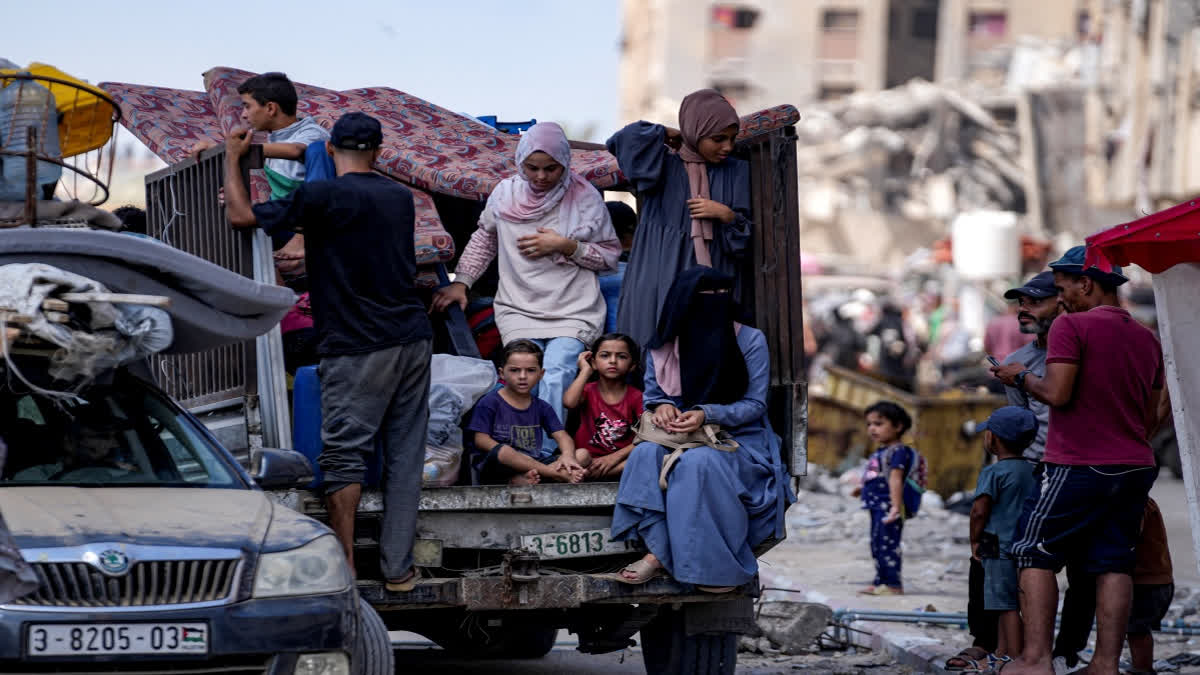Gaza City:The devastating war has left Gaza's 2.4 million with an uncertain future, its scale of destruction so vast that it seems almost impossible to recover from. As of 01st October 2024, at least 41,638 people have been killed and 96,460 injured in the Israeli war since 2023 October.
More than 500,000 women have lost access to vital services like pre and postnatal care, family planning and treatment for infections; over 17,000 pregnant women are in severe stages of hunger. 25000 children have either lost a parent or become orphans, leaving them in deep emotional distress. Conservative figures show that more than 6,000 women and 11,000 children were killed in Gaza by the Israeli military over the last 12 months. More women and children have been killed in Gaza by the Israeli military over the past year than in the equivalent period of any other conflict over the past two decades, a new Oxfam analysis has found. A joint report by the European Union, the World Bank and the United Nations published in March 2024 that direct damage to Gaza's infrastructure amounted to $18.5 billion.
For many in Gaza, this is not the first time they have had to rebuild their lives from the rubble; for Mohammed Abu Sharia, it certainly will not be. The story of Abu Sharia is just an expression of this cycle of destruction and reconstruction that seems all too familiar in Gaza. When, in 2014, Israeli airstrikes destroyed what remained of his family's home in Gaza City, he was able to build again in the course of a year on a smaller scale, of course. The latest round of violence has torn down his home once more this time, with terrible human loss. Abu Sharia lost five members of his family, including four children, and he and his surviving relatives have been displaced across Gaza and into Egypt.
This is a pattern repeated again and again, instilling deep pessimism in Gazans. Former planning minister Ghassan Khatib said that the unprecedented extent of destruction in the current conflict, combined with disappointing experiences from past reconstruction efforts, made it difficult for many to envision an exit strategy.
It is truly daunting. United Nations estimates suggest it could take 80 years to rebuild the approximately 79,000 homes destroyed in the conflict, and up to 15 years just to clear the rubble. These projections, coupled with the memory of unfulfilled aid promises and the ongoing Israeli blockade that restricts access to building materials, have eroded faith in the reconstruction process.
